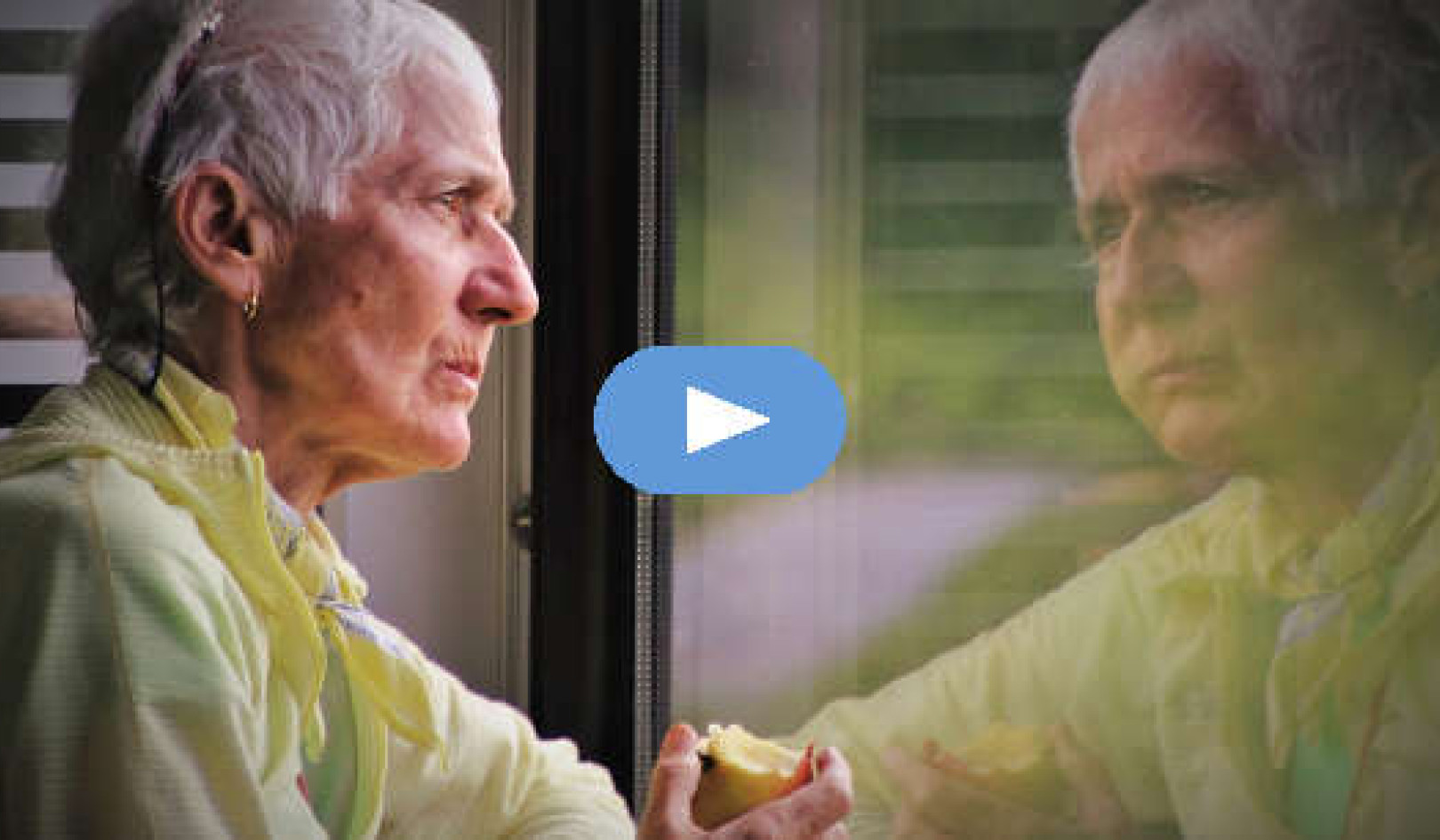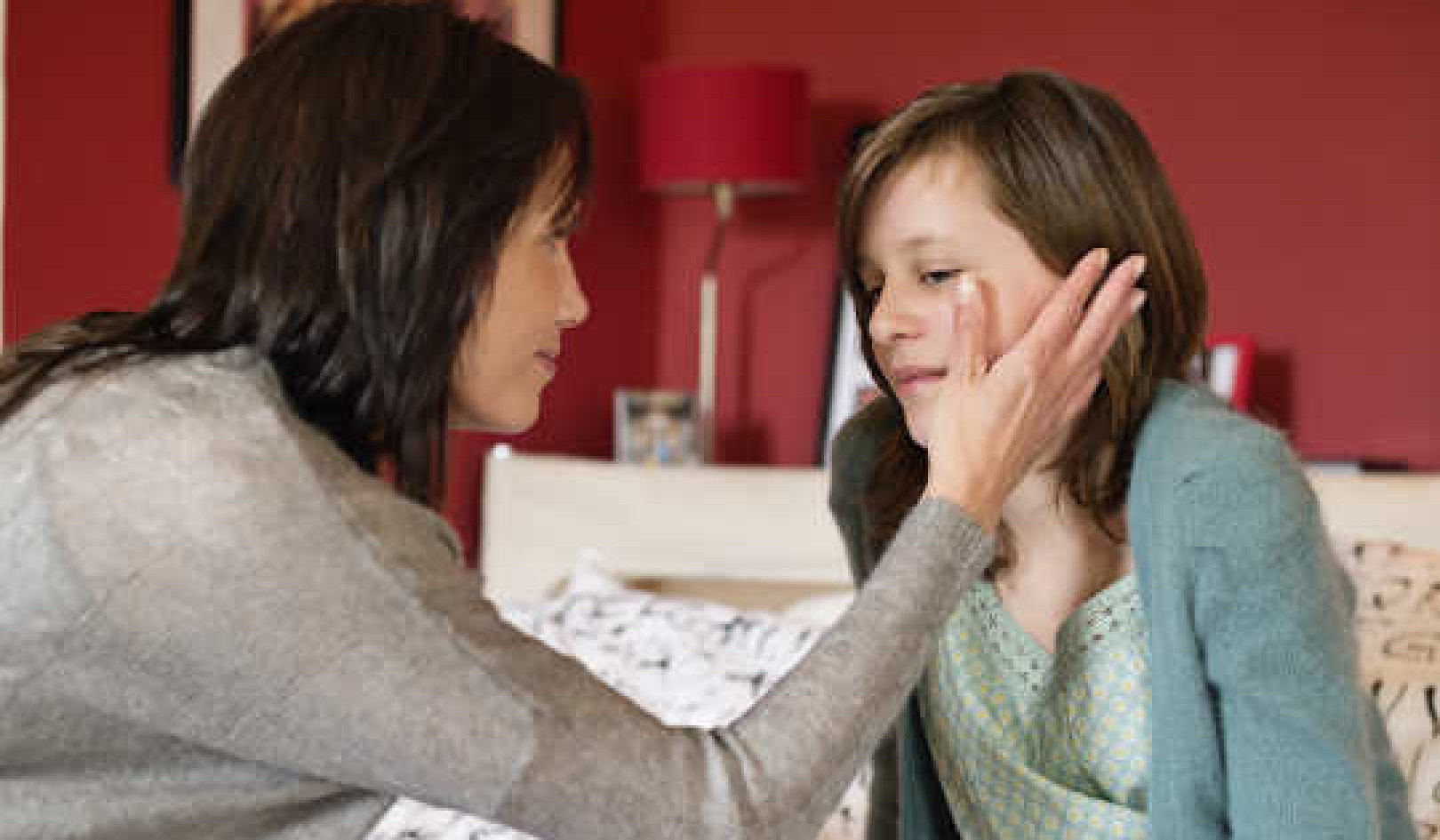
Teen girls experience relationship abuse at alarming rates, according to a new study that specifically focuses on reproductive coercion—pressure from a partner to get pregnant.
Researchers found that nearly one in eight young women between ages 14 and 19 experienced reproductive coercion within the last three months. Forms of this kind of abuse can include tampering with condoms and a partner threatening to leave.
The study in Obstetrics & Gynecology, the largest adolescent study on the issue, uses data from a previously conducted randomized trial at eight school-based health centers in California during the 2012-13 school year and assessed 550 sexually active female teens.
To date, most research has focused on young adult women. But because adolescent relationships differ so much from adult relationships, clinicians need to know how to spot reproductive coercion in their younger patients and tailor clinical assessment and intervention for this population, says Heather McCauley, assistant professor in the School of Social Work at Michigan State University.
“We looked at whether adolescents who experience reproductive coercion displayed the ‘red flags’ we typically teach clinicians to look for—like coming into the clinic multiple times for emergency contraception or pregnancy testing,” McCauley says.
“We found no difference in care-seeking behaviors between girls who experienced reproductive coercion and girls who didn’t, so those red flags may not be present. Therefore, clinicians should have conversations with all their adolescent patients about how relationships can impact their health.”
Previous research has also identified disparities in reproductive coercion by race/ethnicity, with black women more likely than white women to experience such abuse, McCauley says. But, again, that wasn’t the case in this study, highlighting the need for researchers and clinicians to understand how to talk about relationship abuse with female teens.
Other takeaways from the study:
- 17% of teens reported physical or sexual abuse.
- Young women who experience reproductive coercion have four times the odds of also experiencing other forms of relationship abuse.
- Young women exposed to both relationship abuse and reproductive coercion were more likely to have a sexual partner who is five or more years older.
“These findings highlight how common reproductive coercion and other forms of abuse are in adolescent relationships, yet the signs of a teen’s unhealthy relationship may be tricky for clinicians, parents, and other adults to spot,” McCauley says.
“So, parents could open the door for their teen to disclose abuse by having a conversation with them about healthy and unhealthy relationship behaviors, including those that interfere with their decision making about their own reproductive health.”
About the Authors
Additional researchers are from the University of California, Davis; the University of Pittsburgh; and the University of California, San Diego. The National Institute of Justice and the National Center for Advancing Translational Sciences funded the work.
Source: Michigan State University

Related Books:
Here are 5 non-fiction books on parenting that are currently Best Sellers on Amazon.com:The Whole-Brain Child: 12 Revolutionary Strategies to Nurture Your Child's Developing Mind
by Daniel J. Siegel and Tina Payne Bryson
This book provides practical strategies for parents to help their children develop emotional intelligence, self-regulation, and resilience using insights from neuroscience.
Click for more info or to order
No-Drama Discipline: The Whole-Brain Way to Calm the Chaos and Nurture Your Child's Developing Mind
by Daniel J. Siegel and Tina Payne Bryson
The authors of The Whole-Brain Child offer guidance for parents to discipline their children in a way that promotes emotional regulation, problem-solving, and empathy.
Click for more info or to order
How to Talk So Kids Will Listen & Listen So Kids Will Talk
by Adele Faber and Elaine Mazlish
This classic book provides practical communication techniques for parents to connect with their children and foster cooperation and respect.
Click for more info or to order
The Montessori Toddler: A Parent's Guide to Raising a Curious and Responsible Human Being
by Simone Davies
This guide offers insights and strategies for parents to implement Montessori principles at home and foster their toddler's natural curiosity, independence, and love of learning.
Click for more info or to order
Peaceful Parent, Happy Kids: How to Stop Yelling and Start Connecting
by Dr. Laura Markham
This book offers practical guidance for parents to shift their mindset and communication style to foster connection, empathy, and cooperation with their children.

























